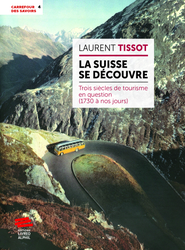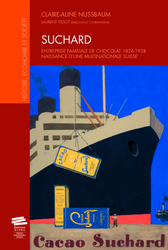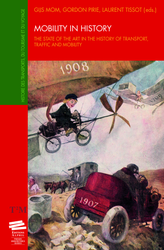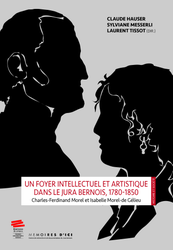Comment le tourisme est-il devenu l’industrie que l’on connaît aujourd’hui ? Du tourisme des nazis et de l’Union soviétique au sea, sex, sand and sun... ce livre analyse ces divers aspects dans une perspective internationale. Replacé dans une longue perspective, le tourisme n’apparaît que tardivement dans l’ordre des activités humaines. On peut même affirmer qu’il ne prend réellement un poids qu’à la fin du 19e siècle où il est reconnu en tant que secteur économique à part entière et prend les formes d’une véritable industrie.
Issu de deux colloques tenus à Sion et Buenos Aires dans le cadre du 13e Congrès international d’histoire économique, cet ouvrage développe sous quatre aspects l’affirmation d’une industrie touristique sur le plan international : l’aspect technologique qui consiste à examiner la construction des infrastructures permettant le fonctionnement des activités touristiques, l’aspect politique qui vise à évoquer le rôle des pouvoirs publics dans ce processus, l’aspect économique qui tente de mesurer le poids des activités touristiques dans l’environnement général et l’aspect symbolique qui révèle la façon dont l’industrie touristique est imaginée et véhiculée dans l’opinion publique.
Compared with others activities, tourism has appeared recently in history. One can even assert that it only became influential at the very end of the 19th century growing into a full economic sector and gaining all the aspects of an industry. This book arises from two symposia which took place in Sion (Switzerland) and in Buenos Aires for the 13th International Economic History Congress. It explains under four aspects why the industry of tourism was possible on an international scale. The technological aspect considers how the touristic infrastructures were built, the political aspect examines the role of the public authorities in this process, the economic aspect scrutinises the weight of touristic activities on the general environment and the symbolic aspect reveals how the industry of tourism is being imagined and diffused in the public opinion.






